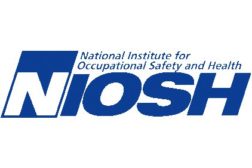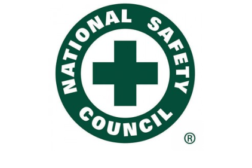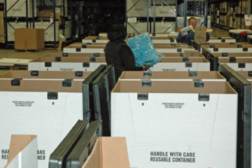Environmental Health and Safety
Research could have implications for other industries
Read More
A NIOSH Science Blog post
Protecting workers from Ebola: Eight knowledge generation priorities
November 11, 2014
National Safety Council becomes an affiliate of the NIOSH Total Worker Health program
Initiative partners aim to help employers focus on employees’ safety, health and well-being
November 10, 2014
Become a Leader in Safety Culture
Build your knowledge with ISHN, covering key safety, health and industrial hygiene news, products, and trends.
JOIN TODAYCopyright ©2025. All Rights Reserved BNP Media.
Design, CMS, Hosting & Web Development :: ePublishing








